It is so fun to read the posts from all of you who have logged on to this blog space. Thank you for making my day! And for the personal emails too. Now, I must warn you that this posting is several pieces that I’ve combined into one…as I’ve waited a long time for an internet moment.
After three weeks here, I’m getting a feel for life in Lyantonde. I wake up early in my little room, have tea and a chapatti here at the Sunshine, walk down the dusty street to the main road then take a little path that angles through a field to the school. Every time I come and go from town, the children who live along the way yell “Muzungu! Bye, muzungu!” and I call back “Hi, how are you!” The littlest ones don’t stop waving until I’m out of sight.
One day coming home, I heard a voice from afar shout Moo..zoon..goo!!!! I was on a stretch of road that had no houses. Startled, I looked in the direction of the exuberant call and there, through the thick brush and the trees way back from the road, a skinny arm was waving.
Walking around inconspicuously is not an option for me.
It would feel strange to be so acknowledged for my skin color if it weren’t for the enthusiasm of these kids. And they’re everywhere. At the market they follow me around as I pick out a papaya (“paw paw”) from one vendor and an avocado or two from another. When I walk to the project each day I’m often joined by students, who have walked much farther than I have. One day I heard footsteps running toward me from behind and I glanced back expecting to see one of my students. Instead, it was a student from the secondary school that sits just above our vocational school. I didn’t know her but she knew who I was, and we walked the rest of the way together.
Since I’m at the vocational center most days, I eat with the students and teachers. The school day includes porridge for breakfast and posho and beans for lunch. The porridge is made from maize flour cooked in a huge cauldron over fire in an earthen kind of stove. The students (who number about 100) keep their bowls tucked away here and there. Some of the first-year tailoring girls keep their bowls and cups lined up on one of the rafters in their classroom. When the gong sounds, everyone lines up outside the small brick building where the cooking is done. We drink the porridge and sometimes have sugar in it which we “stir” by pouring the porridge back and forth between two mugs. I’ve never seen a utensil at school unless you count the huge stick that the boys use to stir the porridge. Posho is also made from maize flour except it is so thick it’s cut with a knife. One of Uganda’s staples, posho is always eaten with “sauce” – ground nut, chicken, goat meat, or peas make some of the sauces whether at someone’s home or a café. Since I rarely eat meat, I’m happy that we get beans at school (they’re kind of like a pinto bean, and they’re sorted, soaked, and cooked every day). We eat with our hands – traditional Uganda style. Tubs of water are always nearby, and we pour water into each other’s hands to wash before eating.
I enjoy these meals! I’m always hungry and so happy to go eat, unlike the students (particularly the second-year tailoring class) who often are very slow to leave their work (today they were doing zippers for the first time and they were totally intent).
The Sunshine Hotel has become my home for this moment in time. It’s a small guesthouse with eleven rooms around a courtyard with a clothesline, which Nakahima fills with the towels and sheets she washes every day (by hand, and sometimes she sings while she’s at it, and I hear her from my room). The rooms are not often occupied but the open-air restaurant in front has many customers. My room is small (about 10 ft. by 10 ft.) and modest, but I have the luxury of my own bathroom so I don’t use the “squattie potties” in back. I pay 15,000 Ugandan shillings per day to be here. That’s about $9 in U.S. currency. My space is graced by a bed and two chairs and an end table. I’ve put the tiny table in the corner to hold the reading lamp that Julie, the farm manager, loaned me, and I’ve put the chairs beside the table. A sitting area! I occasionally get visitors - Rose and Tonopah, or Nicole with young Francis from the project, though now Nicole has returned to Denmark. One day I had about eight people in this little room. Everyone enjoyed my snacks!
When I return to the Sunshine at the end of each day, I am greeted with “Kulikayo, Carol!!” (Welcome back.) The staff – Gertrude, Asiati, Zahara, Rossette, Jowelia, Nakahima, Pheonah – are very attentive and they try to teach me Luganda. When I say, “Nvudeyo!” (I’m back!) they laugh with delight that they’ve succeeded in teaching me at least one thing. They have a rambunctious rapport with each other, and they treat me with tenderness. Back when I first arrived and asked for their names, Yasin declared “We are a mixed group.” He was very pleased to be the one man on staff. They’re a diverse group in many ways. When two women first showed me to Room 7, Gertrude informed me, “I’m Catholic” and Nakahima said, “I’m Muslim.” A curious way of introducing oneself, I thought then. But other people in town have made similar disclosures, as a way of telling something significant about themselves. “I’m Protestant,” Julius told me the other day, after the umpteenth time I bought water and biscuits at his little grocery, the “Ollie & M Supermarket.” It seems Lyantonde is a cross-section of Uganda. Many folks living in harmony.
My first week in Lyantonde, I realize now, was a really good power week. We had electricity all week! Until Friday. Then we lost power and it didn’t come back in any steady fashion for the next week. When it did come back that second week, it was often a weak version of electricity, enough to light the single incandescent bulb that hangs from my bathroom ceiling but not enough to power the small fluorescent tube in the room itself. Same thing when the Sunshine would turn on its generator. The tube would just flicker but not quite light up. So I’d leave the switch off and use Julie’s little reading lamp. And candles! Many mornings I’ve wished I could pop on the headlamp I used to wear for cross-country skiing on Anchorage’s trails on dark winter evenings. That light would be perfect for working on my laptop and reading in the dark. But it never occurred to me to pack it for Africa.
After my first week here I told Don on a phone call that I had hot water. Hot water! All the time! But then the water slowed to a trickle and soon I didn’t have water at all, hot or cold. I do have water to drink because I buy 5-liter jugs from Julius’ store and sometimes smaller bottles from the restaurant here at the Sunshine. But washing myself and my clothes was a little sketchy for a few days. Gertrude brought me a 20-liter jerrycan full of water so I could flush my toilet.
Then we had a day that started out sunny and bright just like every other day except I was really irritated. Reading by candlelight in the pre-dawn hours was wearing thin. My hair was matted with dust and dirt. So I wrapped a scarf around my head and set out, walking at a fast clip along the dry roadbed before a lorry came zooming along raising those clouds of dust so awful to breathe. I went first to the office in the hope of catching an internet moment and found a computer free but alas! once again, no luck getting online. Things were just fine once I got to school though. The first year students were finishing their paper bag shirts and hanging them up on the walls. The second year students were finishing their baby dresses. The usual daylight came in through the four windows of the classroom and it got hot by mid-day and then at 2 o’clock it was weekly debate time so all the students gathered in the open-air space where assemblies are held below a high canopy roof. Two teams of four students started debating, in English, the pros and cons of family planning in Uganda, but clouds suddenly filled the sky and big splats of water started slapping the metal canopy above our heads. Rainstorm! The downpour made such a roar as it hit the canopy above us that all voices were drowned out, and those of us sitting farthest out scooted our chairs toward the center in an attempt to stay dry. Family planning went unfinished as we huddled together and watched the school yard fill with rivulets.
When I returned to the Sunshine late that afternoon (Nvudeyo! Kulikayo!), big basins were sitting all about the courtyard catching the rainwater dripping from the roof. Water to fill the taps again! I took a shower and shampooed my hair and crawled into bed clean.
Of course, my life here is luxurious. I have a room of my own and a bed with a mosquito net and a toilet that flushes. Most people in the surrounding villages have no such comforts or conveniences, though many have been helped by the community-based project that I’ve been getting to know.
One day we visited Immaculate, a 34-year-old woman who was barely alive three years ago when the project learned about her. She was taken to the HIV clinic for medical care and slowly regained her strength. Today she lives with her children in a house constructed by the project. They have beds in the house and a water tank just outside, and the children attend school. Immaculate had four children, but the oldest died of measles. She was pregnant when her husband died, and that child is now in primary school. He has been tested and does not have HIV. Getting enough to eat is still a problem for this family, and they do not have a kitchen or latrine. Immaculate looks skinny even with all the folds of her Gomez dress, but she smiles at us and thanks us for visiting and says she is feeling good. She is on ATVs (anti retroviral therapy), and Wycliff, her counselor, tells us she takes three in the morning and three in the evening. She thanked us for coming to visit, and thanked LWF for the support, and was happy to answer our questions and have Wycliff translate her words.
Her story has parallels throughout this region. Families vary in the number of children who have lived or died and whether those children have one parent left or none, or in the willingness or ability to go to the hospital to receive the medication that is available, or in the feasibility for children to stay in school when they reach secondary level which requires the payment of fees. With so much average daily suffering, the most surprising thing is the degree of resilience that exists among the people affected. The most heartening thing is the compassion shared amongst the people within these small communities, and the support offered by this project and its network of staff and volunteers.
The project – Rakai Community-Based AIDS Project – has been supported by Lutheran World Federation since 1995. LWF has been in Rakai since 1992, ten years after documentation of the first HIV/AIDS case in Uganda. At that time, the HIV rate in this region was 26%. Now it is 12%, and the stigma of the disease is decreasing along with the prevalence. The staff – the director, the counselors and social workers, and those who work in the office and farm and vocational school – are caring and competent and remarkably positive given the wide-ranging consequences of HIV/AIDS.
I’m not the only “extra” person around at the moment. Two other Americans – Rose and Tonopah – are working here too. I met both of them at Marie and Christian’s wedding, but it’s here that I’ve gotten to know them. Tonopah is a graduate of St. John’s College who is spending part of this year in Africa, and Rose is a graduate student in Public Health at Columbia. More than once, they’ve cooked dinner at the project’s guesthouse and served the rest of us delicious versions of Ugandan katogo.
Seven interns are here right now too. Doreen, Mary, Maggie, Jane, David, Justine, and John are college students from Makerere University and other colleges in Uganda. It is so fun getting to know them and seeing firsthand some of Uganda’s young generation.
Actually, everyone seems young compared to me. I think the only person older than myself around here is Francis who works on the farm (there’s also a 24-year-old Francis who works in the office). The older Francis on the farm is a wiry man with a huge smile, and he’s the first person I’ve met in Uganda who I’ve heard speaking Swahili. Because Ugandans associate Swahili with Idi Amin, under whom it was spoken, they don’t like the language. But it doesn’t matter what Francis and I speak or that we don’t understand each other’s words. He’s gotten used to having this strange white lady walking around the farm. And I love spending what little extra time I can get being on the farm with Francis and with John, the younger “casual labourer” (as he carefully spelled for me) who first gave me a complete tour of the tree nursery. On Tuesdays, all the students spend the day working on the farm, and then it’s a very busy place. On all the other days, it is very peaceful, just birdsong filling the air and sunlight filtering through the treetops.
OK…a fast forward to Wednesday, the 8th I think…If luck is with me in this cyber café in Kitale, Kenya, in the lovely western part of Kenya where the maize grows twelve feet tall… this post will actually reach ether-space. If not, I’ll try to come into town again soon (I’m staying on a wonderful farm, just east of Mount Elgon which is on the Uganda-Kenya border). In the meantime, a personal note to YOU (yes, all of you): posting a note on this blog is a better way to reach me because I am having no luck getting my GCI email account to come up on this computer, and I cannot use Outlook on my laptop because there is no wireless in a 500-kilometer radius.
Other than that, things are good and I am so happy to be here, even though it was heartwrenching to leave Lyantonde.
Wednesday, August 8, 2007
Subscribe to:
Post Comments (Atom)

.jpg)






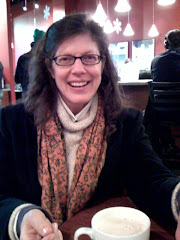





.jpg)

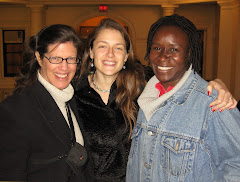.jpg)


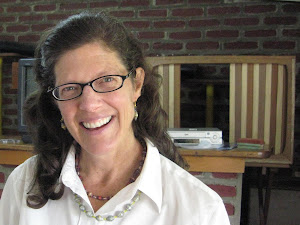.jpg)

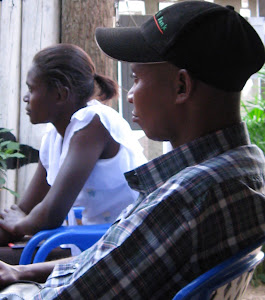.jpg)
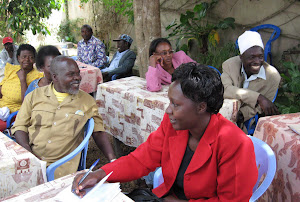.jpg)
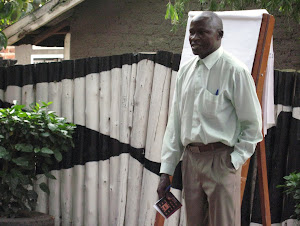.jpg)




























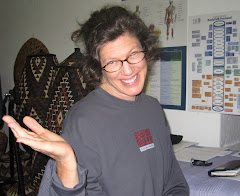



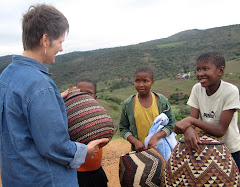.jpg)




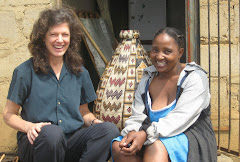










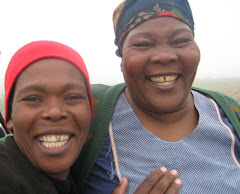.jpg)

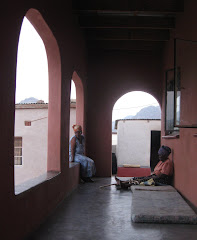.jpg)

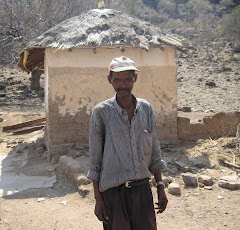.jpg)
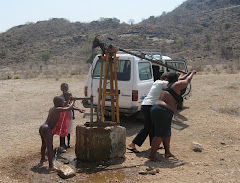.jpg)
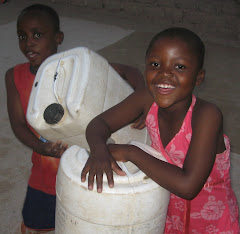.jpg)
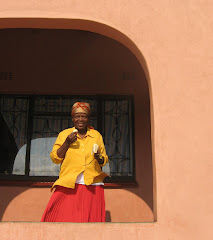.jpg)

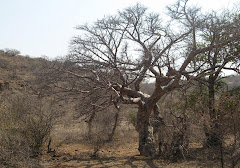.jpg)



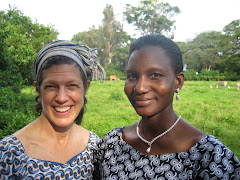



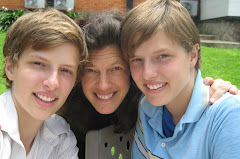.jpg)
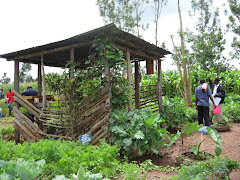
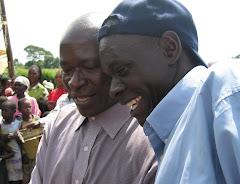.jpg)

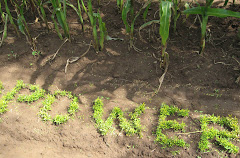.jpg)
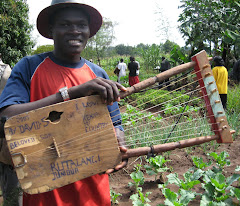.jpg)





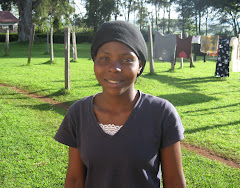.jpg)



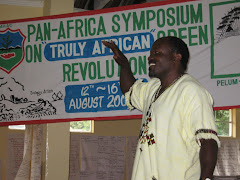

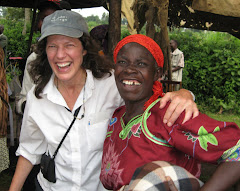.jpg)
















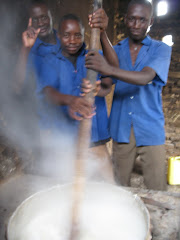.jpg)










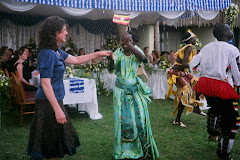.jpg)
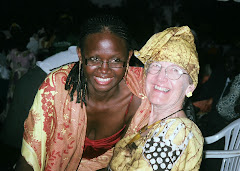.jpg)




5 comments:
Summer has arrived again, at least here in Anchorage, Carol. But I lost track of time and locale, transported to Lyantonde through your eyes. Do you jot notes in that pocket notebook (photo, right sidebar)? I think adn.com should pick up your blog. You are a consummate observer and writer.
You are, however, not getting by with that last weak paragraph transition, if indeed that qualified as a paragraph transition. Where are we now? What are you doing? And why...I trust that you'll shoot another missive into cyberspace when you can.
Speaking of cyberspace, I'm curious: Does Skype work for you there? Those cheap MCI long-distance cards might disappear from Alaska, if MCI has its way. Need an inexpensive alternative.
Hugs from an avid reader and cheerleader. Way to go, Carol-craft!
Hi Carol! It's really fun to follow behind Jan and read her comments before posting. I got a huge kick out of the way she called you on that "last weak paragraph transition"! I laughed because I, too, did a double take as I realized that the flow of your writing had shifted with that last paragraph, and you had taken me (and other readers) to new territory. I assumed that you had just run out of time, or the electricity died, or ...?
Jan asked most of the important "who, what, where" questions about your new situation, so I'll just wait until you reply to those and have time to add more of the beautiful descriptive text that seems to come so naturally from your fingertips. Jan is also right about you getting your blog on ADN (although I have no idea how you'd go about that; actually, one of my former coworkers writes a blog for ADN, so I could ask her, if you're interested).
Last week, I considered trying to write a guest column for one of the Homer newspapers and recommending your blog to readers, but I'm sure I won't follow through. I hope "it's the thought that counts" in this case!
Thanks so much for all that you're sharing with us, Ms. Carol! I'm glad you had a flush toilet that worked at least part of the time in Uganda. Becky
Thanks for the new post -- you made my day!
Carol-
You write as if you have access to my dreams and what, I'm sorry to say, are becoming hazy memories of Uganda.
My memories of Uganda are held more in my heart than in my mind, and you access that place with each entry.
I tried to send you some photos to your GCI email...perhaps I'll send to H & H as I am assuming you will be catching up with them, perhaps?!
OK - not being as kind as your fellow writers -- the end of the last blog made me feel that you took me to a cliff and made me jump while I'm screaming the whole way: "WHY? WHERE ARE WE GOING? I DON'T WANT TO LEAVE YET!".
I've not accepted a job yet - am hopeful the right thing is coming next week. I've applied for a dozen different positions and have now cast my net beyond Alaska. The trip to Uganda rekindled my interest in int'l work - I've applied for a SWKr position in Wash DC with USAID (US Agency for Int'l Dev't). It would be a dream job - not a dream place to live though. Sacrifices.
I am glad for you for this time and pray that God pours blessings on you as you continue on your journey of discovery.
Know that I, and others, are wanting more of your words. I'm practicing patience though.
Love,
Lisa
Carol,
It has been wonderful experiencing Africa through your eyes! Even though you took me abruptly to Kenya, I am always ready for a new adventure!
Enjoy, __Judy
Post a Comment